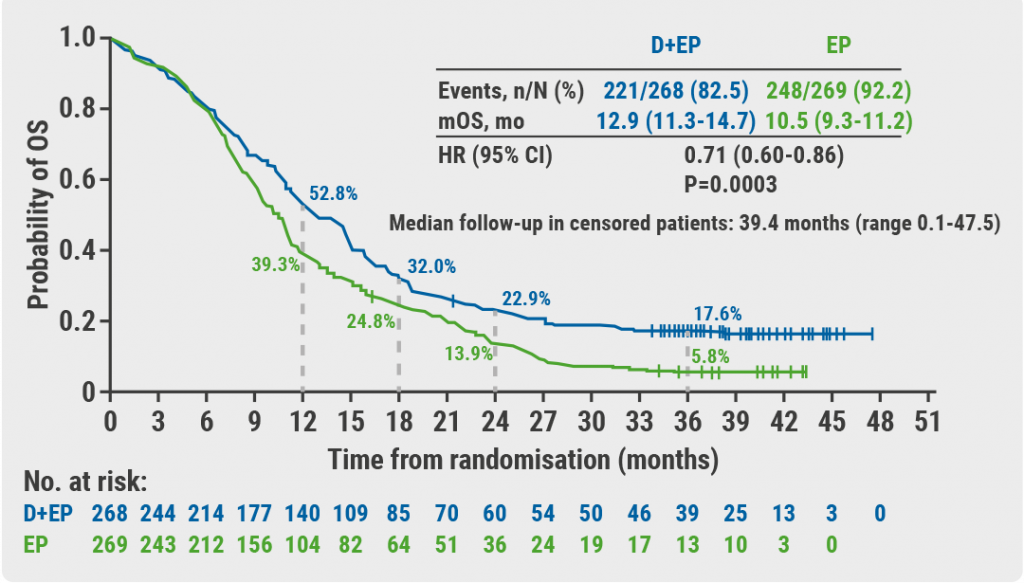"Previously, we had a poor understanding of how delaying lung-cancer surgery may impact long-term outcomes. This became particularly relevant during the early phases of the COVID-19 pandemic," Dr. Brendan T. Heiden of Washington University School of Medicine in St. Louis, Missouri, told Reuters Health by email.
There is a theoretical risk that a delay in surgery will have a negative impact on outcomes, but studies to date have yielded mixed findings, Dr. Heiden and his colleagues note in JAMA Network Open. However, they add, "Most of these reports used arbitrary cutoffs to define delayed surgical treatment."
"Our study," Dr. Heiden explained, "provides a uniform definition for the date of cancer diagnosis and thus more concrete evidence on the risks of delaying surgical treatment for lung cancer."
The researchers used Veterans Health Administration data covering more than 9,900 patients with a mean age of 68 years, most of whom (96%) were men. All had clinical-stage-I NSCLC and underwent resection between 2006 and 2018. Their time to surgical treatment (TTS) was defined as the interval between preoperative diagnostic CT imaging and surgery.
The mean TTS was 70 days and TTS was not associated with the likelihood of pathologic upstaging or resection with positive margins. However, patients with surgical treatment within 12 weeks of diagnosis had better overall survival than those with delayed procedures (hazard ratio, 1.132; P<0.001).
At a median follow-up of 6.15 years, recurrence was detected in 42% of patients, with a median time to recurrence of 1.24 years. The recurrence risk increased after about 12 weeks of TTS; for each week of surgical delay beyond this period, the hazard for recurrence increased by 0.4% (P=0.002).
Factors associated with an increased risk of recurrence included being younger and having a higher Charlson Comorbidity Index score. This was also true of segmentectomy versus lobectomy (HR, 1.352) or wedge resection versus lobectomy (HR, 1.282). Among other risk factors were having a larger tumor size, a higher tumor grade, a lower number of lymph nodes examined, and having a higher pathologic stage.
Factors associated with delayed surgical treatment included being African American rather than white (odds ratio, 1.267), a lower hospital case load and the year of diagnosis, with less recent procedures more likely to have a delay.
These findings, say the researchers, "suggest that patients with clinical stage I NSCLC should undergo expeditious treatment."
Dr. Heiden added that the results "Will allow surgeons and healthcare systems to prioritize appropriate lung-cancer treatment and to better counsel patients on how quickly they should proceed with surgery, even in non-pandemic settings."
SOURCE: https://bit.ly/3p7Yih8 JAMA Network Open, online May 27, 2021.
By David Douglas
Posted on
Previous Article
« Xenon gas MRI detects longer-term lung damage after COVID not picked up by routine CT scan Next Article
Depressive symptoms tied to rapid kidney function decline »
« Xenon gas MRI detects longer-term lung damage after COVID not picked up by routine CT scan Next Article
Depressive symptoms tied to rapid kidney function decline »
Related Articles


November 19, 2021
Three-year OS follow-up from CASPIAN trial
© 2024 Medicom Medical Publishers. All rights reserved. Terms and Conditions | Privacy Policy
HEAD OFFICE
Laarderhoogtweg 25
1101 EB Amsterdam
The Netherlands
T: +31 85 4012 560
E: publishers@medicom-publishers.com

